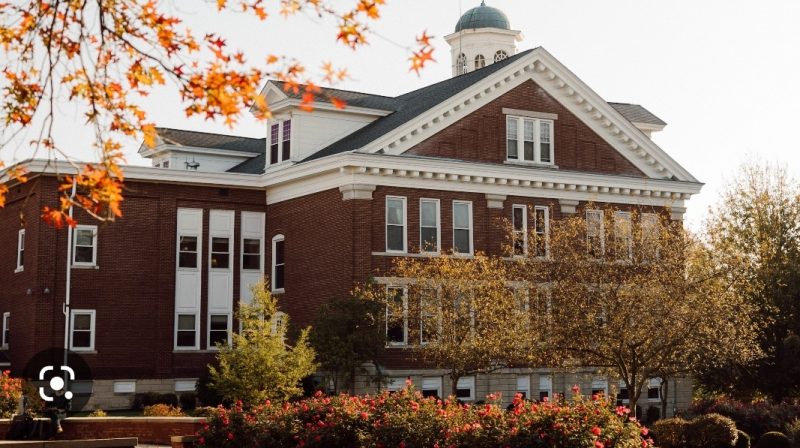For nearly two weeks, Christian social media has been atwitter with commentary over what’s being called “The Asbury Revival” at Asbury University in Wilmore, Kentucky. Hundreds, if not thousands, from outside the University community have traveled to Wilmore to participate. While some are rejoicing over what they see as a powerful move of God, others are expressing skeptisicm. There is also debate over whether the non-stop singing and preaching that has broken out at the University campus meets the biblical definition of “revival”.
Something unusual is definitely going on at Asbury but observers would be wise to ask the question, “What doctrines do this Christian college embrace and reject?” In other words, “What does Asbury believe?”
Most importantly, Absury believes in the inerrancy of Scripture. Its statement of faith is an orthodox one that affirms fundamentals of the faith such as the virgin birth and the bodily resurrection of Christ. On paper, Asbury is a theologically orthodox evangelical institution. Its seminary employs respected biblical scholars such as Ben Witherington and Craig Keener. It is not a place where students go to get a theologically liberal education. Holy living is the expectation and students are required to abstain from sexual immorality and the use of alcohol and tobacco.
But Asbury is no place for Bible-beleiving Baptists. Asbury is rooted in the Wesleyan-Holiness tradition. Thus, it has a theological belief that the very people feverently worshipping God and experiencing this supposed (and historic revival) can potentially lose their salvation. This is not biblical. Asbury also has an egalitarian bent. Women are trained for the pastorate there. This is not biblical. The emotionalism and experience-driven theology of the Holiness movement naturally leads to pentecostalism and egalitarianism and Asbury is no exception. God certainly doesn’t need people to have perfect theology to use them or start a revival in their midst. However, when He is done “reviving” believers, we shouldn’t expect them to remain Pentecostal Wesleyan Egalitarians. The long-term effects of the “Asbury Revival” are yet to be seen. Time will tell.
Rather than look to Asbury or any other parachurch organization for examples of revival, Christians should focus on their local churches. The local church is God’s organization on earth. Revival, if needed, will start at the local church. Maintaining doctrinal fidelity, brotherly accountability, and ministry rooted in the gospel at his local church should be the focus of every Christian.
*Please note that the preceding is my personal opinion. It is not necessarily the opinion of any entity by which I am employed, any church at which I am a member, any church which I attend, or the educational institution at which I am enrolled. Any copyrighted material displayed or referenced is done under the doctrine of fair use.











